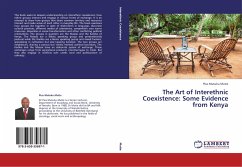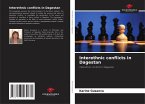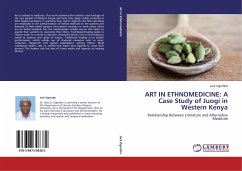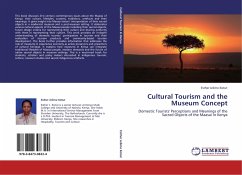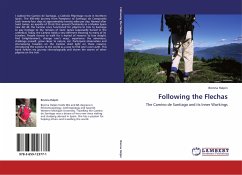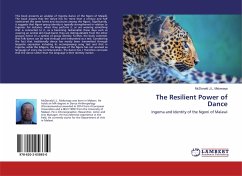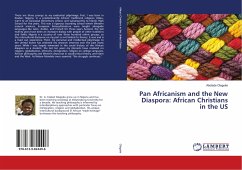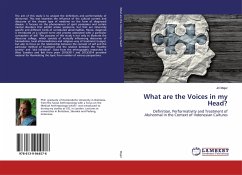This book seeks to deepen understanding on interethnic coexistence; how ethnic groups interact and engage in various forms of exchange. It is an attempt to show how groups that share common territory and resources interact and make sense of each other in everyday life. The book examines how groups live together in spite of distinctions in language, discursive cultural practices, different modes of subsistence, competition over scarce resources, disparities in social transformation and often conflicting political orientations. The groups in question are the Maasai and the Kamba of Kenya. The Maasai are a Nilotic speaking group and predominantly pastoral while the Kamba are a Bantu speaking group and mixed farmers, specialising in cultivation but also keeping livestock. The two groups are neighbours, sharing a porous but 'clearly marked' political boundary. The Kamba and the Maasai have an elaborate system of exchange. These exchanges range from agricultural products, intermarriages to trade. But they also engage in conflicts over cattle, land and politicization of ethnicity.
Bitte wählen Sie Ihr Anliegen aus.
Rechnungen
Retourenschein anfordern
Bestellstatus
Storno

